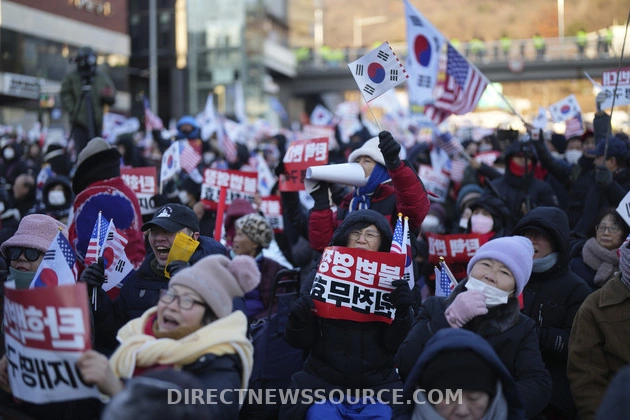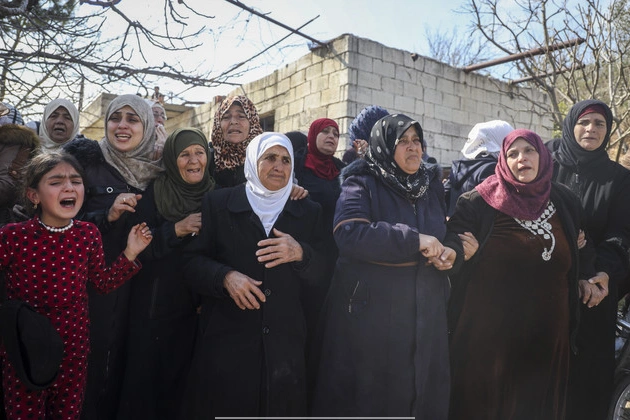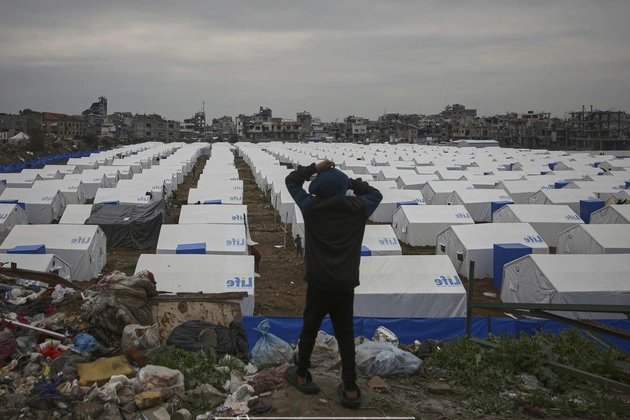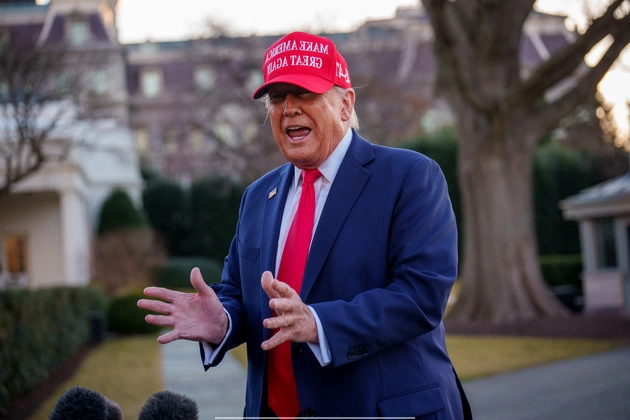
South Korea Political Crisis: Impeached President's Standoff with Investigators
SEOUL, South Korea — The political crisis in South Korea escalates as impeached President Yoon Suk Yeol defies investigators. Investigators faced a nearly six-hour standoff at his official residence as he resisted detention attempts. This confrontation is part of a larger crisis that has gripped South Korean politics, leading to the impeachment of two heads of state in less than a month.
The country’s anti-corruption agency encountered obstacles when trying to enter Yoon’s residence due to security concerns raised by the presidential security service. Despite the agency’s efforts, Yoon remained unresponsive to legal procedures, prompting the agency to express regret over his non-compliance.
Defiance and Investigations
Yoon, a former prosecutor, has been avoiding investigators for weeks, with his last public appearance on Dec. 12 at the presidential office. During his televised statement, he defiantly declared his intent to resist removal from office, citing opposition interference with his policies.
The anti-corruption agency is considering charges of rebellion against Yoon following his declaration of martial law on Dec. 3, which led to a tense standoff at the National Assembly. Despite Yoon’s efforts, parliament swiftly overturned the martial law decree and proceeded with his impeachment, accusing him of rebellion.
Legal Challenges and Public Support
A warrant for Yoon’s detention was issued by a Seoul court, but enforcing it proves challenging as long as he remains within his official residence. Yoon’s legal team has raised objections, citing laws protecting certain locations from search without consent, particularly those linked to national security.
Amidst the standoff, thousands of police officers surrounded Yoon’s residence, where supporters gathered to show solidarity. The situation remained tense but peaceful, with no major clashes reported.
Legal Criticism and Security Concerns
Yoon’s lawyers criticized the agency’s actions as unfair and improper, questioning the legality of the investigation into rebellion charges. They argued that law enforcement lacks the authority to detain Yoon and could face repercussions for attempting to do so.
The Defense Ministry confirmed that investigators and police breached the security perimeter at Yoon’s residence, leading to confrontations with the presidential security forces. As the situation unfolded, political tensions rose, prompting calls for calm and lawful intervention.
The fate of Yoon’s presidency now rests with the Constitutional Court, which is deliberating on whether to uphold the impeachment or reinstate him. The court’s decision requires a significant majority to remove Yoon from office permanently.
Implications and Future Uncertainty
The political turmoil in South Korea extends beyond Yoon’s case, with the impeachment of Prime Minister Han Duck-soo adding to the uncertainty. The appointment of new justices to the Constitutional Court may sway the decision on Yoon’s impeachment, indicating a complex and volatile political landscape.
As the crisis unfolds, the nation awaits the court’s verdict while grappling with the repercussions of a divided leadership and mounting legal challenges.















